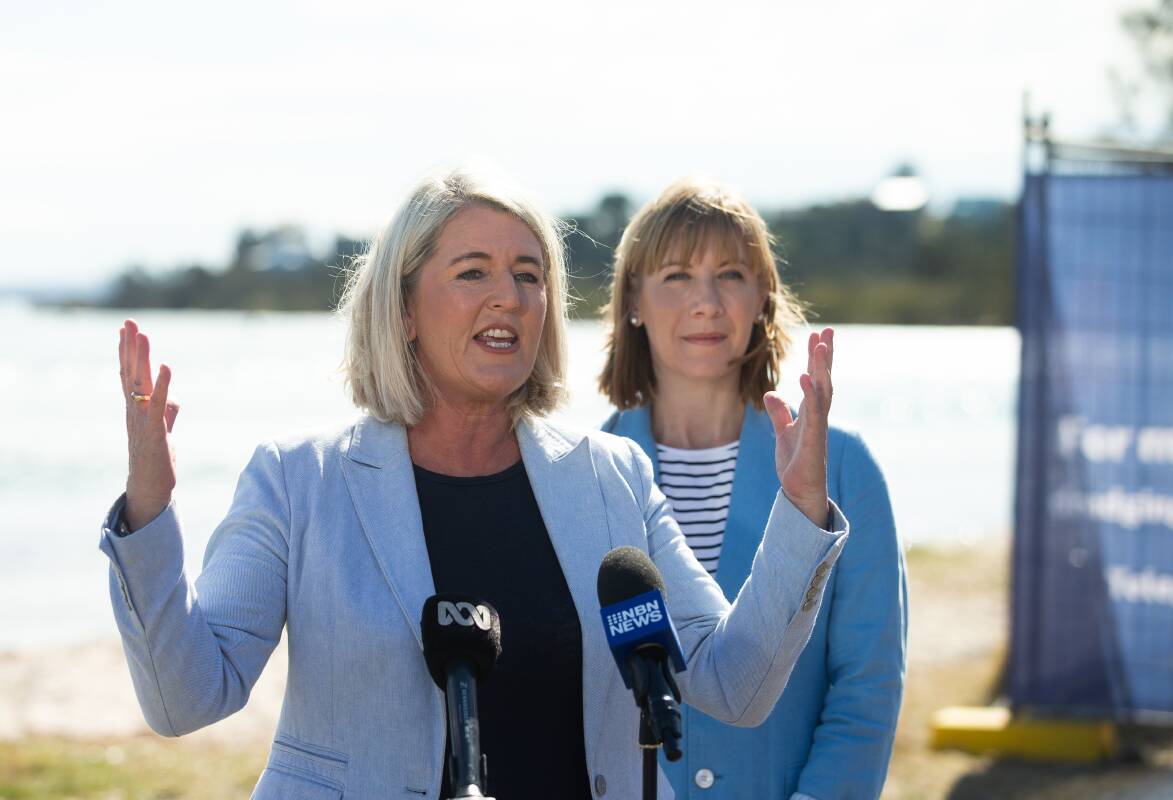
The Hunter-New England public health system will get a boost this month, with 109 junior doctors to begin on-the-job training.
The interns will start work in public hospitals across the district.
Minister for the Hunter Yasmin Catley said the doctors were a "shot in the arm for Hunter-New England".
"They'll learn from the best and lift the standard of care," said Ms Catley, also the Swansea MP.
She said developing "our next generation of doctors" was a "huge step towards rebuilding our healthcare workforce".
The new doctors followed an announcement on Thursday that more than 100 registered nurses had been recruited from the UK and Ireland to work in Hunter-New England this year.
As for the junior doctors, they are required to complete a supervised year of practice before becoming independent practitioners.
The interns, all medical graduates, will work with and learn from experienced staff in the NSW health system.
They will join a training program with networked hospitals across the state and rotate between metropolitan, regional and rural hospitals while on two-year contracts.
They will work across specialties including surgery, medicine and emergency medicine.
The government has faced a public health system in crisis, with staff shortages and burnout key issues on its agenda.
The system's troubles include rising waiting times in emergency departments and long waits for elective surgery and to see specialists.
The government said it was "implementing safe staffing levels of nurses and midwives beginning in our emergency departments".
It has committed to hiring an additional 1200 nurses and midwives during its first term under its Safe Staffing Levels in NSW hospitals policy.
It has vowed to make 1112 temporary nursing roles permanent, including 138 full-time equivalent positions in Hunter New England.
It also cited ending the public sector wage cap and agreeing pay increases for nurses, paramedics and other health workers as steps forward for the sector.
Ms Catley said the government was "backing our health workers with better pay".
The government is also running a Special Commission of Inquiry into the public health system.
It will examine ways to cut waste, overservicing and rising costs - including in the Hunter-New England district.
In a submission to the inquiry, Hunter New England Health said workforce shortages were the reason for the failure to meet state benchmarks.
Attracting and retaining skilled health workers was "increasingly difficult".







